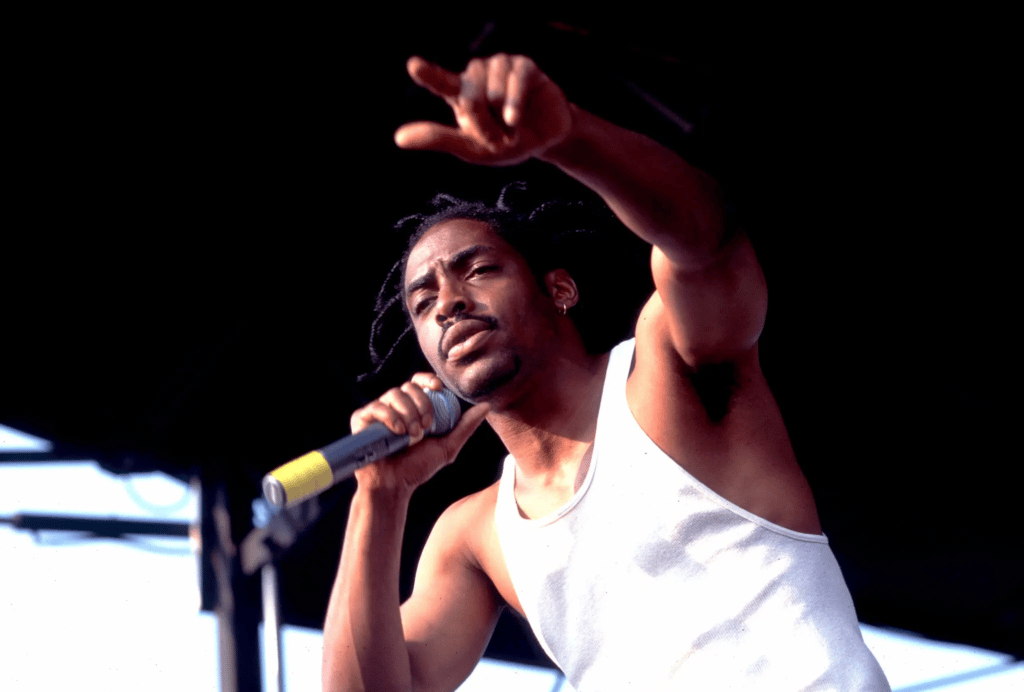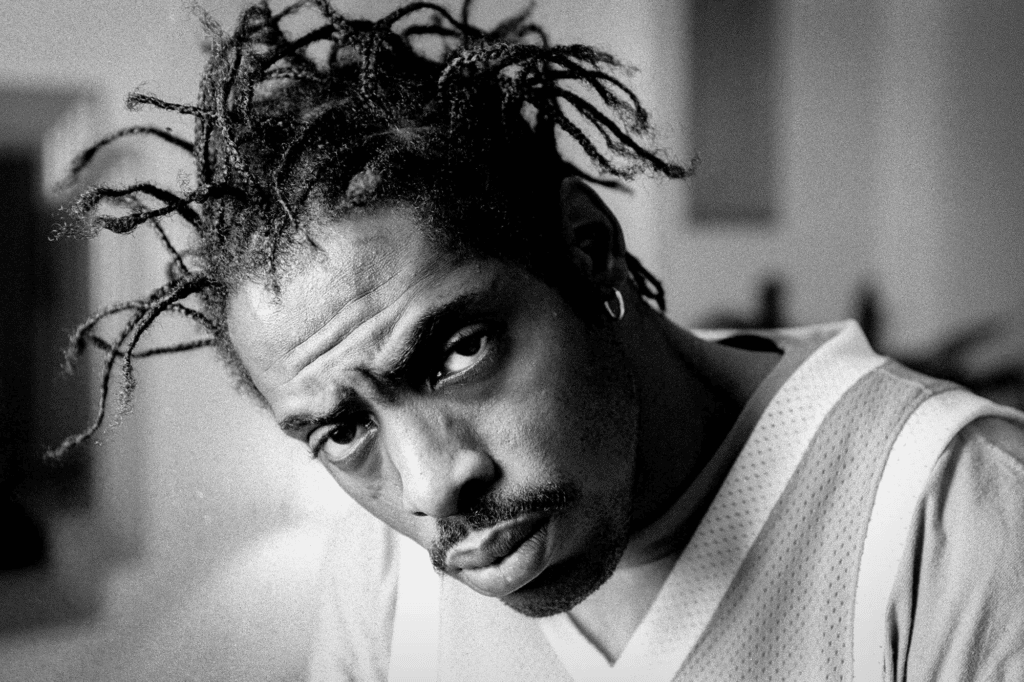
Coolio, the rapper whose playful and sometimes gritty takes on West Coast rap and anthemic hits like “Gangsta’s Paradise” made him a hip-hop star in the 1990s, died on Wednesday in Los Angeles. He was 59.
His longtime manager, Jarez Posey, said he was told that Coolio died at a friend’s house. No cause was given.
Coolio, whose legal name was Artis Leon Ivey Jr., achieved mainstream superstardom and critical success with “Gangsta’s Paradise” in 1995. A grim, minor-key track that featured the singer L.V. and drew on Stevie Wonder’s 1976 song “Pastime Paradise,” it spent three weeks atop Billboard’s Hot 100 and was named the chart’s No. 1 song of the year.
It also won the Grammy for best rap solo performance in 1996 and was later certified triple platinum by the Recording Industry Association of America, outshining the movie it was featured in, the high school drama “Dangerous Minds.”
“Coolio still builds his raps on recognizable 1970s oldies, and he delivers intricate, syncopated rhymes as if they were conversation,” Jon Pareles wrote in an album review in The New York Times, noting that “Gangsta’s Paradise” uses “the somber minor chords” of Mr. Wonder’s “Pastime Paradise.” Coolio told Rolling Stone that he had cleared the usage through a family connection — his wife knew one of Mr. Wonder’s brothers — with the stipulation that the song couldn’t contain any profanity. Mr. Wonder received a writing credit.
Artis Leon Ivey Jr. was born on Aug. 1, 1963. He grew up in Compton, Calif., in Los Angeles County, a place known for producing some of hip-hop’s most successful artists, including Dr. Dre and Kendrick Lamar.
He told The Independent in 1997 that as a child he would play board games with his single mother, to whom he later dedicated his success. After a turbulent youth — a bookish, asthmatic child, he became a teenage gang member, juvenile offender and drug addict — Coolio worked as a volunteer firefighter.
In his 20s, he moved to San Jose to live with his father and fight fires with the California Department of Forestry. He became more spiritual there and later credited Christianity for helping him overcome his addiction to crack.
As he embarked on a music career, Coolio joined a growing wave of West Coast hip-hop that was increasingly becoming mainstream; it had surged in national popularity as MTV, radio stations and major labels came to embrace this once-regional underground sound. After performing with the group WC and the Maad Circle alongside WC, Sir Jinx and DJ Crazy Toones, he went solo.
Coolio signed to Tommy Boy Records, the independent rap label known for releases by De La Soul, Naughty by Nature and Queen Latifah, which had partnered with Warner Bros. Records a decade earlier to expand its commercial reach.
Building off the gangster rap and G-funk sounds and images of N.W.A, Ice-T, Dr. Dre and Snoop Doggy Dogg, Coolio gained a following by combining his credibility with a willingness to appeal to a broad audience by means of softened language, dance tracks, recognizable samples and other nods to past hits.
A Spin review of the “Gangsta’s Paradise” album in 1996 called it “great pop music” and “the most stylistically broad mainstream rap album you’ll probably hear all year.”
“Gangsta’s Paradise” had board cultural impact, even spawning a Weird Al Yankovic parody, “Amish Paradise,” which replaced the streets with farm country, offering lyrics about churning butter and selling quilts.

The scale of the original song’s success awed its creator. Coolio told Rolling Stone that he was on tour in Europe when he realized that “I was No. 1 all over the entire planet — not just in the States. I was No. 1 everywhere that you can imagine.”




